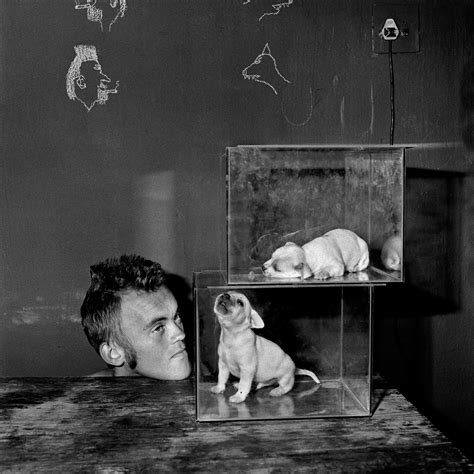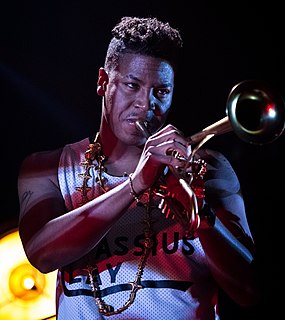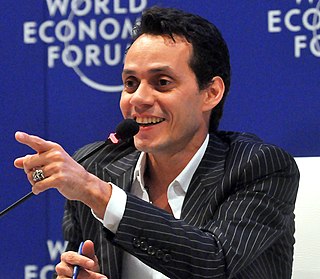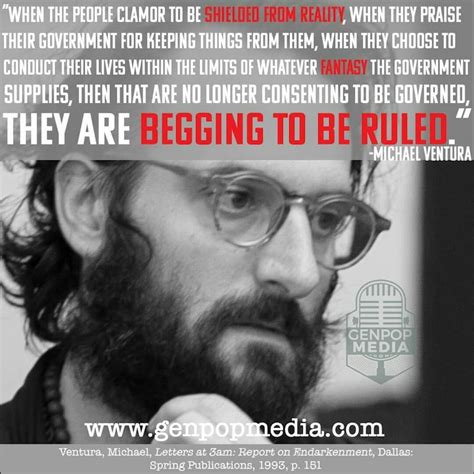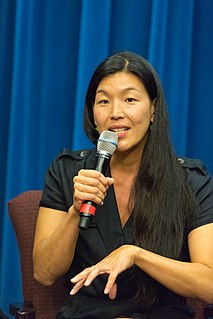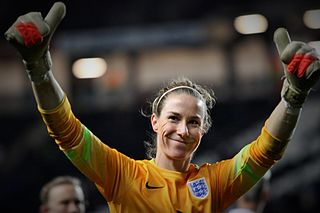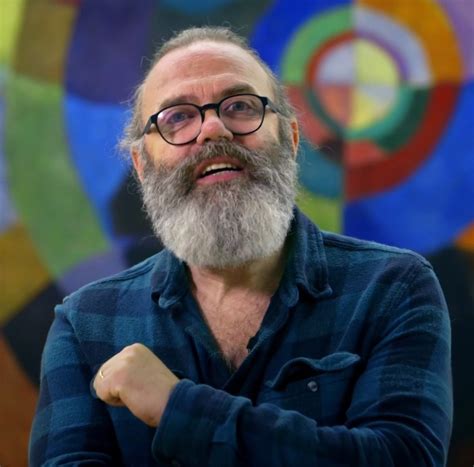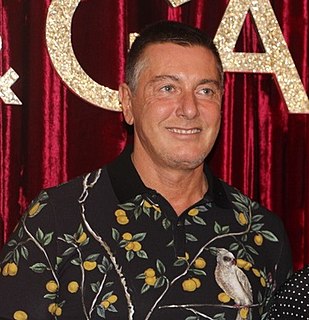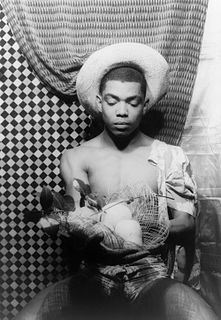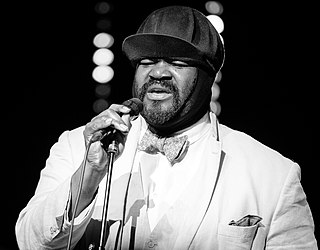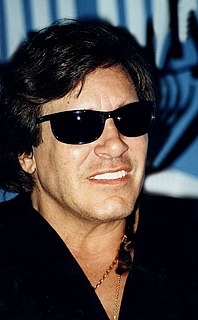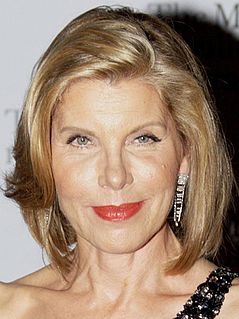Top 1200 Celebrity Culture Quotes & Sayings - Page 18
Explore popular Celebrity Culture quotes.
Last updated on November 24, 2024.
Anyone should be able to express themselves in any context. Obviously, there are arguments against appropriation, but it's one thing when someone is doing something for satire or making fun of a culture, but if they respects the tenets of the culture and they want to be a part of that, what could be more beautiful than that?
I always thought that there was something in hip-hop culture that was the misfit of all the musical styles, where they didn't really belong. They're kind of like, 'No, we're a real culture! We're not going anywhere, you can't get rid of us!' I really liked that there was a rebelliousness about it. I connected with that.
For the first time since I began acting, I feel that I've found my place in the world, that there's something out of my own culture which i can express and perhaps help others preserve..i have found out now that the African natives had a definite culture a long way beyond the culture of the Stone age...an integrated thing, which is still unspoiled by western influences...I think the Americans will be amazed to find how many of the modern dance steps are relics of African heritage.
I think we really need a movement to drive how popular culture understands the issues that feminists care about. When I think about the LGBT movement for example, they have had a really intentional strategy to try to change images and representation of LGBT people in the media and the culture. It really moved the dial politically. That's what is needed in the women's movement - a strategy that can drive awareness and culture change.
I used to believe that you could change the culture or behavior of a company. I still believe it's possible, but it is at least a five to ten year process, if you are successful at all. More recently, I have been attracted to the ideas of the behavioralist, Edgar Schein. Schein has argued that you cannot change the culture of a company, but you can use the culture of a company to create change. It's an interesting approach to overcoming resistance. And if you can change how a company does its work, you might eventually be able to change how its people think.
Creativity is an innate function in a human being, as we see in tribal peoples, who spent their considerable leisure time making religious artifacts and sacred art. That is what I would call a direct culture, in that everybody in it is directly in touch with all the elements, both of the culture and of the environment.
